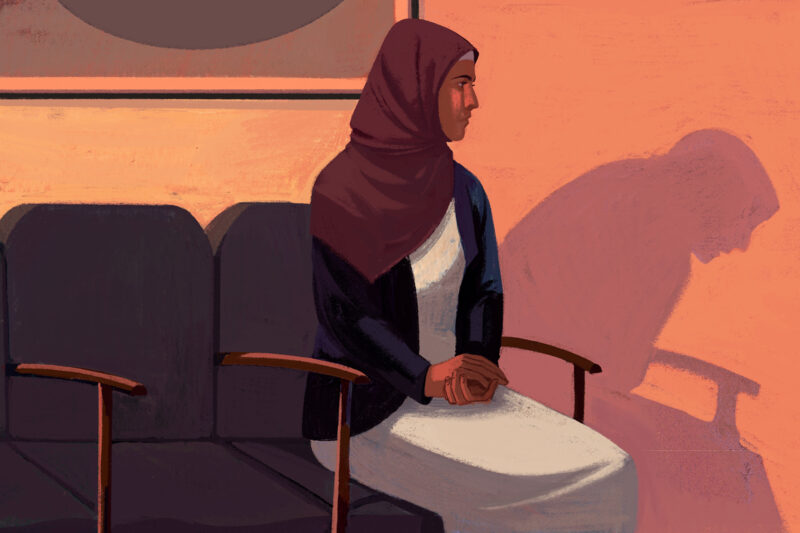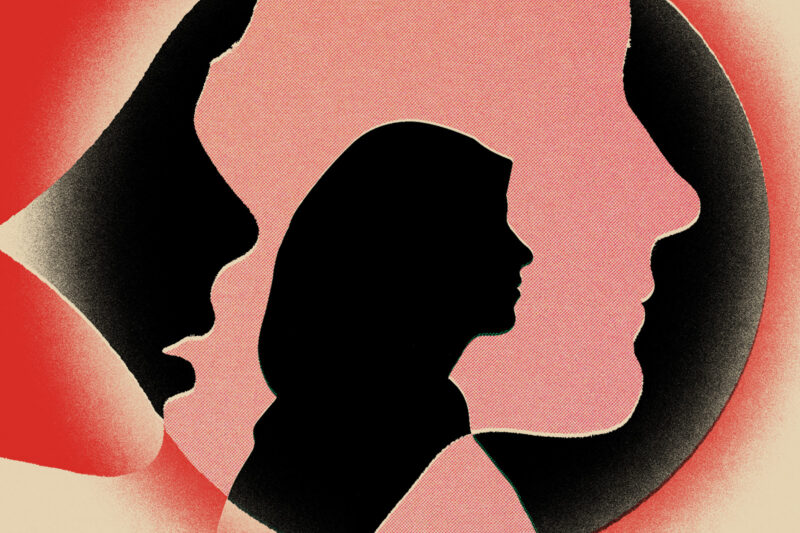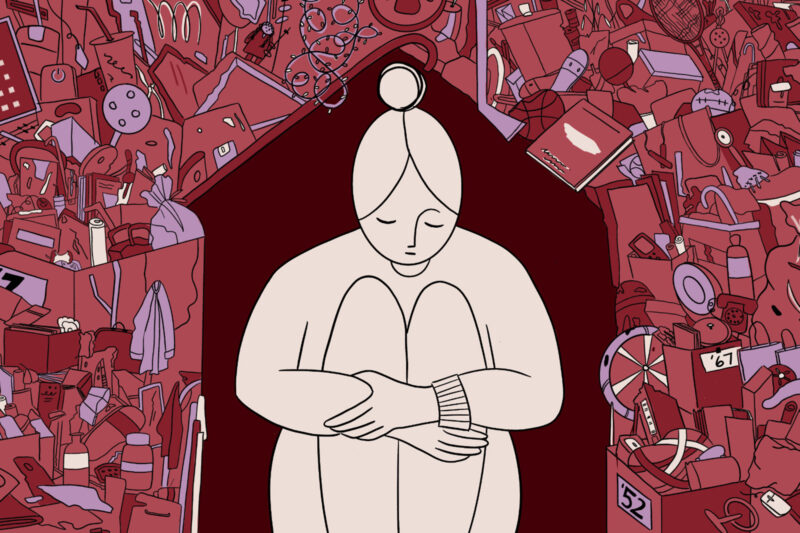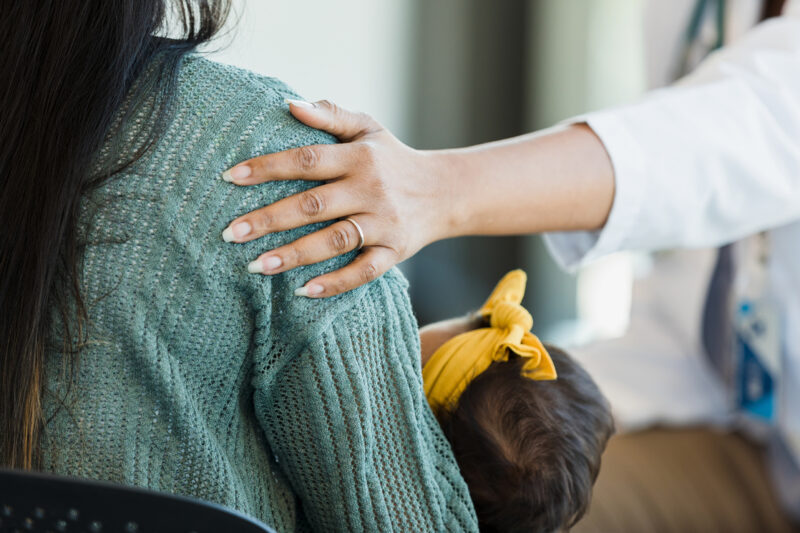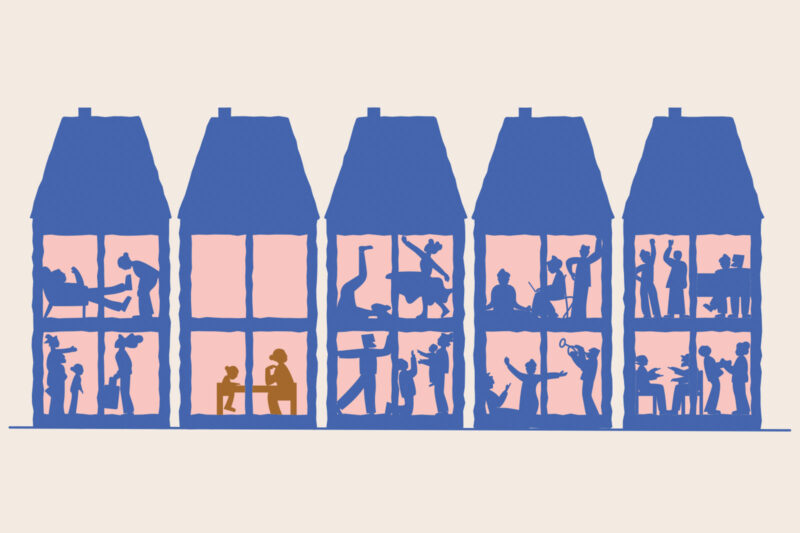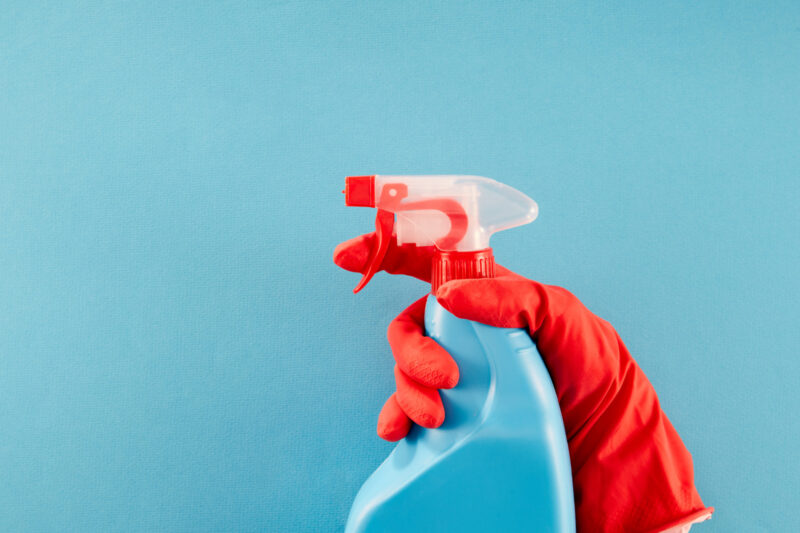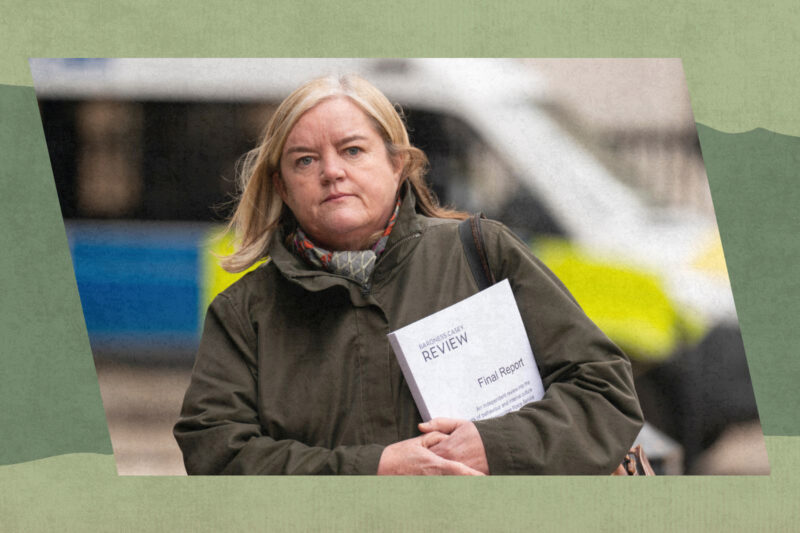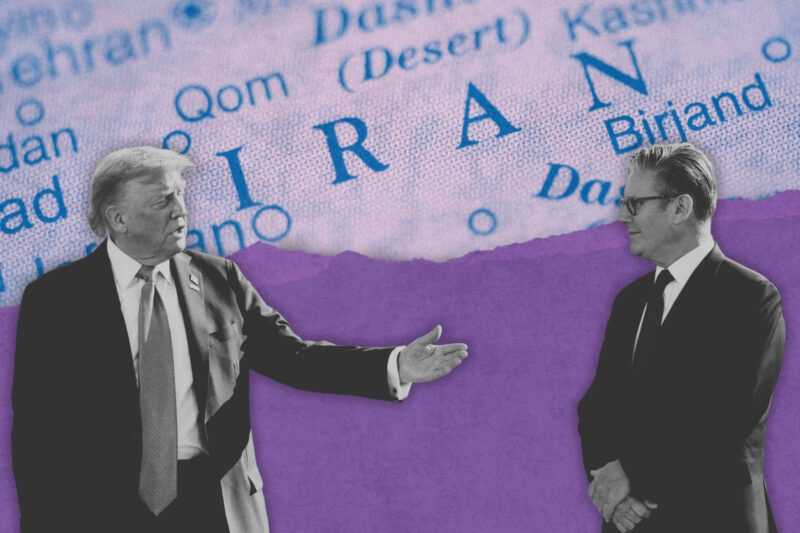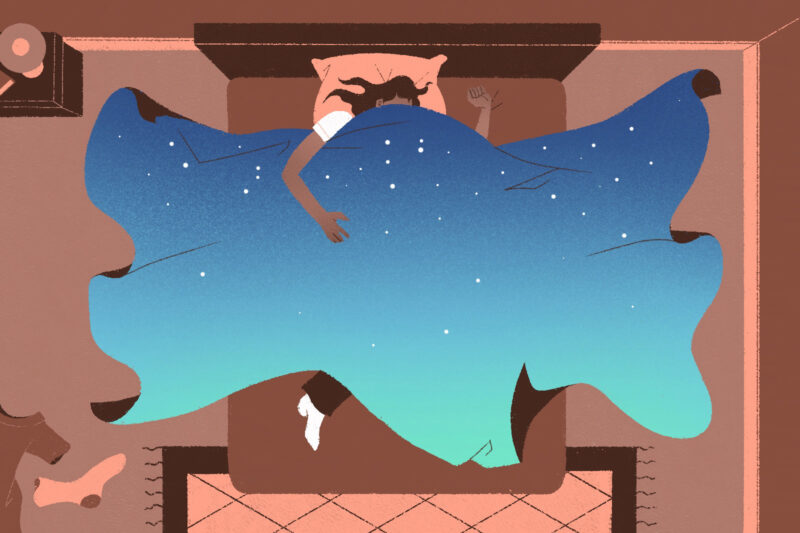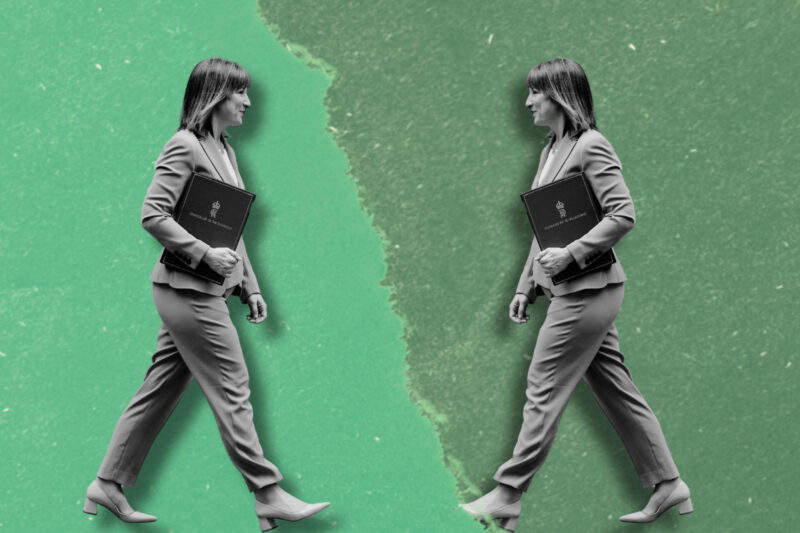After I reached breaking point, I found solace in an alternative Islamic therapy
I’m a great believer in science-backed therapy and healthcare, but aafiyah healing provided a sense of calm I hadn’t felt in a long time
–
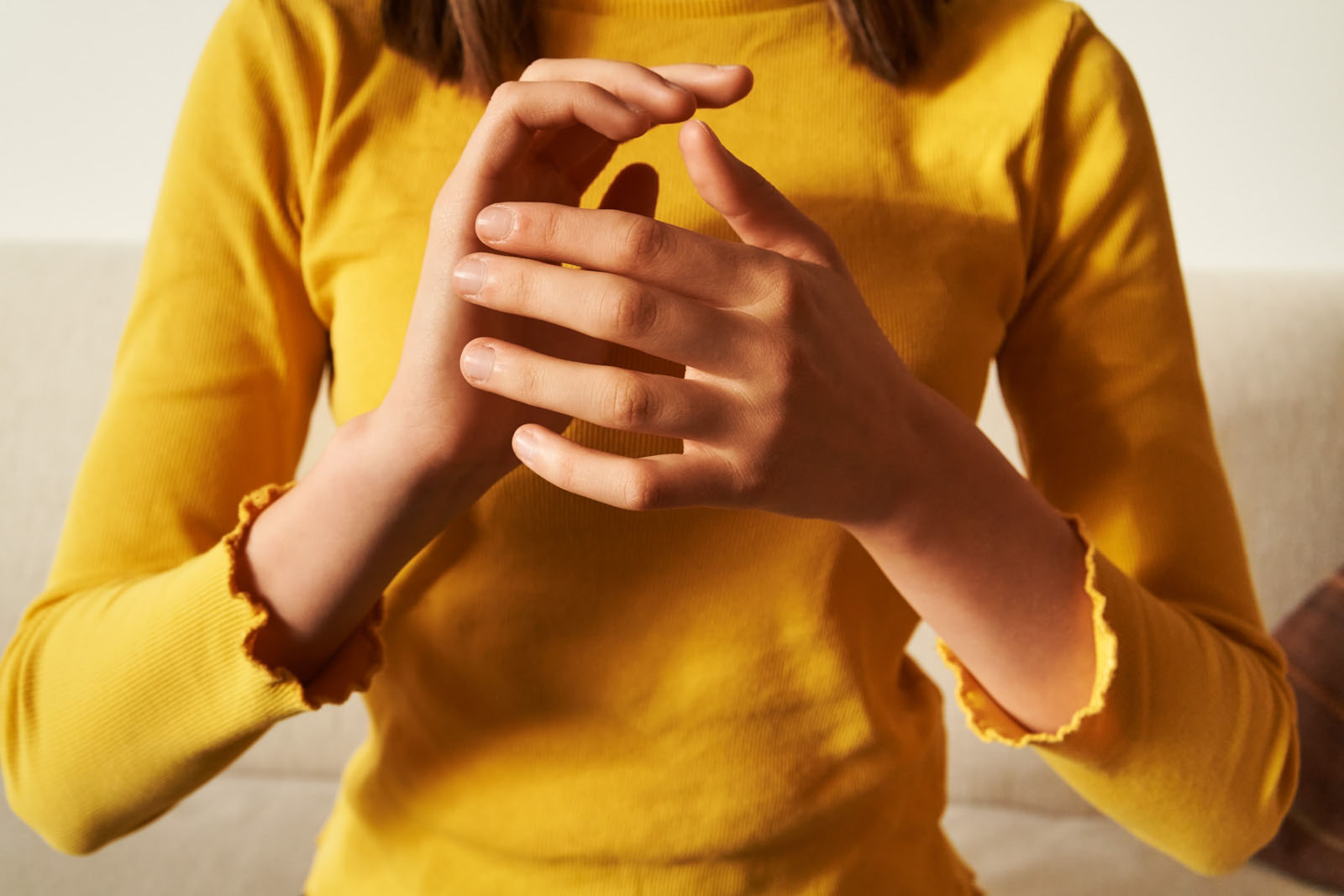
I am standing in my bedroom, eyes closed, the entire length of my body in clear view of my laptop camera. I take in a deep breath for four counts, hold in for two and then slowly release the air in my lungs for seven. On the other side of this Zoom call is a Muslim therapist in Liverpool, who is “realigning” my energy.
If you had told me two months ago that I’d be standing for 40 minutes practising abdominal breathing and visualising the sea, I would have laughed at you.
But by this point, I was willing to try anything.
For months I had felt constantly on the verge of tears. But I couldn’t cry. I have suffered from generalised anxiety disorder, OCD and panic attacks for the past 18 years. And after my two-year-old was born, I experienced postnatal depression. I am a great believer in conventional medicine and science-backed psychotherapy; my antidepressants have saved my life more than once and I had already done two rounds of cognitive behavioural therapy through the NHS.
But one evening this summer, my son took three hours to settle to sleep. I reached a breaking point. Earlier this year I had quit my job to look after my child full-time. This period is precious and joyful, but at the same time people don’t talk openly about how stressful and lonely motherhood can be. I have found myself in a chronic state of feeling overstimulated and overwhelmed, regularly feeling that I’m struggling to cope.
On top of this, I could no longer ignore how I’ve been affected by the horrors of the world — we have been watching a live stream of ethnic cleansing in Gaza and Sudan for the past year, utterly helpless.
Seeing my desperation, my sister-in-law recommended I try aafiyah healing. She told me her panic attacks and anxiety had stopped for weeks after just a few sessions. I knew nothing about alternative therapies; my only understanding was that it was a form of Islamic energy healing.
Aafiyah healing involves a combination of deep breathing exercises, visualisation and tapping — a method of using your fingertips to tap on certain parts of your body called meridian points — which has roots in Chinese medicine. It’s intended to calm the parasympathetic nervous system and improve the flow of energy in the body, thereby easing anxiety.
I distrusted the idea at first. Much of that is related to my Islamic upbringing. In the past, family members and in-laws have scorned mental health treatments and told me just to rely on the Qur’an. A 2022 report on Muslims’ access to mental health support in the UK found that 35% of respondents didn’t reach out for help out of fear of being judged.
Indeed, many people in Muslim communities continue to refuse to view mental health conditions as real illnesses — yet there is growing evidence that mental health problems affect Muslims more than other faith communities in the UK. I have experienced family members telling me that my mental health illnesses were a result of my guilty conscience for sinning, or that I just needed to have stronger emaan, or faith — stigmas that the American Psychiatric Association outlines in its guidelines for working with Muslim patients. When I was younger such remarks would upset me. Today, they just make me angry.
The best piece of advice someone ever gave me — a non-Muslim and fellow anxiety sufferer — was that I should treat my mental health conditions like physical illnesses. You would seek treatment if you had diabetes, so why wouldn’t you seek treatment for your mind? And just like physical illnesses, mental illnesses can flare up from time to time. Hearing this encouraged me to go against what some family members expected of me. And although I’d always been sceptical of alternative therapies, I am now open to trying new things.
Aafiyah healing seems to have become an alternative route for some British Muslims seeking different forms of mental healthcare that still align with their beliefs. In my own community, I’ve heard that more people are exploring this as an option.
Some Muslim scholars, however, believe alternative therapies are incompatible with the faith, insisting that only the Qur’an should be used as a source of healing. While I do find calm in reading the Qur’an, once I finish my recitation I often find that my feelings of panic return.
My sessions did not feel unIslamic; in fact, we used Islamic affirmations. As I tapped on my meridian points, I repeated statements such as “I completely trust and believe in Allah.”
And on my third and final session, something unexpected happened. For the first time in months, I broke down in tears. I felt calmer than I had in a long time.
In the UK or Ireland, Samaritans can be contacted by phone on 116123, a free service. You can find other ways of contacting Samaritans here. In the UK, the registered charity Mind provides support, information and advice for a wide range of mental health issues.
 Newsletter
Newsletter

